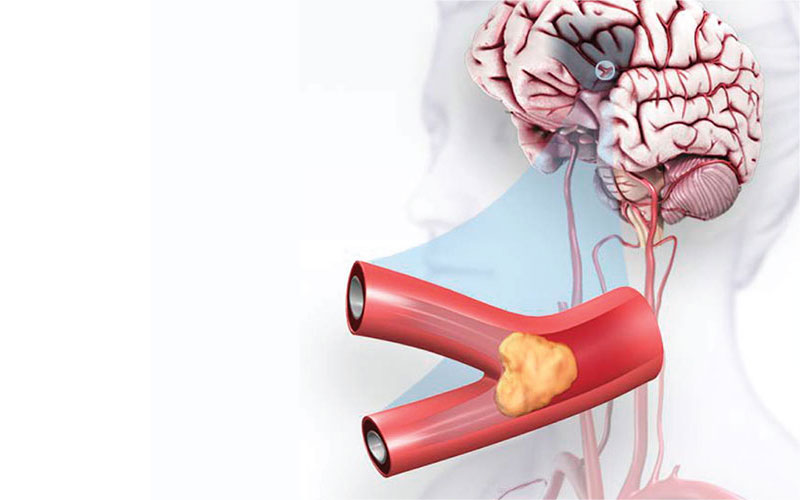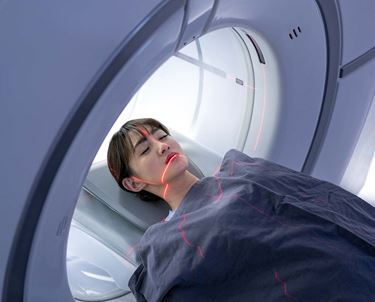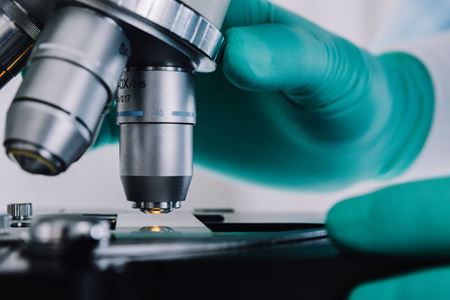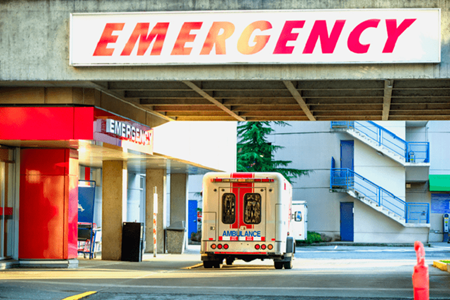Types of Stroke and Treatment
Learn the various types of stroke and related treatments. Proper care can save lives and improve quality of life.

Ischemic Stroke (Clots)
Occurs when a blood vessel supplying blood to the brain is obstructed. It accounts for 87% of all strokes.
Hemorrhagic Stroke (Bleeds)
Occurs when a weakened blood vessel ruptures.
The two types of weakened blood vessels that usually cause hemorrhagic stroke are aneurysms and arteriovenous malformations (AVMs). The most common cause of hemorrhagic stroke is uncontrolled high blood pressure.
Transient Ischemic Attack (TIA)
Is a “warning stroke” caused by a temporary clot. Take this warning sign for stroke seriously — call 911 immediately.
Cryptogenic Stroke
In most cases, clots that block blood flow to the brain cause a stroke. Sometimes, the cause of a stroke can’t be determined. This is called a cryptogenic stroke.
Brain Stem Stroke
When stroke occurs in the brain stem, it can affect both sides of the body and may leave a person in a “locked-in” state. When a locked-in state occurs, the patient is generally unable to speak or move below the neck.
Additional Information to Make Informed Decisions
Let’s Talk About Types of Stroke Resource Series
More Resources
Updated Guidelines for Treating Acute Ischemic Strokes
Current guidelines could make more stroke patients eligible for treatment. Learn about the update and use our Acute Ischemic Stroke Toolkit to put them to work.
Prevent Another Stroke
One in 4 stroke survivors will have another. Yet, approximately 80% of strokes are preventable. Use these resources to help prevent a second stroke.
Recent Stroke? You Don’t Have to Do It Alone.
Many people recover from stroke. Learn from those who met their recovery goals and find post-stroke resources.



